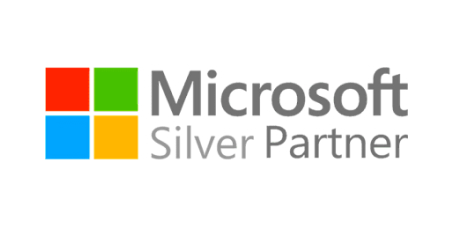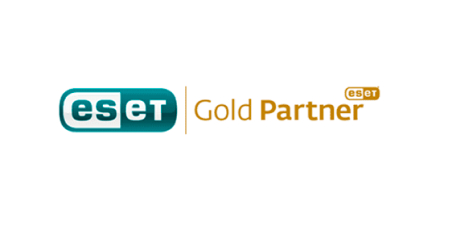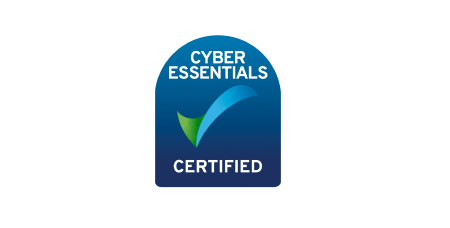Making IT Amazing
Why do we have the paradox that instead of improving agility and cohesion, ‘enabling’ more flexible working patterns, the opposite can be the case with IT investment?
Instead of better information flow, for example, access to relevant data is more complex, while any expected reduction in the operational costs of the business fail to materialise.
The implications are increased vulnerability, as well as an impact on effectiveness, an increased difficulty in remaining competitive and being on the same wavelength as their customers. For a report being researched and written by DECISION magazine for HB Tech, companies consider what they need to address if IT is to deliver key objectives.
This is one of the papers to be published in the report.

Mark Hyson
Founder/Partner
Hysons Chartered Accountants
There are two specific lessons that need to be learned says Mark Hyson. One came to him in the early days of setting up the four-partner firm of Hysons chartered accountants in 1979, the other a little more recently.
“If you want to grow your business, it is best to employ people who are infinitely better than you are,” he suggests. “And it is a necessity to employ young people who are intrinsically comfortable with technology. IT moves so quickly you can’t stress test everything to the limit all the time or continually prevericate – you have to be prepared on occasion to take a leap of faith.”
“Our purpose,” he says, “is to find the right answer for the client, and not to turn our nose up at anything. But one of the effects of technology is that we are now preparing documents for the same price as we were twenty years ago.”
Not that Hyson is bemoaning the fact. He didn’t hesitate to offshore payroll and other bureau-type tasks to India to stay competitive. “Just because the work is being done on the other side of the globe has never fussed me,” he says. “Technology makes it possible, as if they are located round the corner.”
But he isn’t convinced that IT has necessarily moved things on as positively as we have been led to believe. “Accounting software for companies is interesting because the premise is the data, not having a double entry bookkeeping mentality,” he says. “But entering figures and having them reconciled isn’t the same as understanding the background to them. Vertical knowledge to complete a particular task doesn’t mean you have an understanding of its background or the potential pitfalls.
“In the same way that SatNav doesn’t make a you a navigator, Xero doesn’t give the user the same skills as an accountant or an adviser. It’s quite interesting isn’t it that when SatNav says turn left, a driver will follow the instruction even when they have no idea where it leads to. If we carry that analogy to accounting software, someone will tap in the numbers, but that doesn’t mean they know anything meaningful about what comes out the other end.”
And he provides an example to illustrate his thinking.” A husband ran a security business and his wife owned a haberdashery. Using an algorithm they’d worked out a stock figure which turned out to be inflated, which they didn’t realise and probably didn’t amount to much in terms of significance – until they decided to get divorced.”
“There is no argument that IT means that clients are much more informed in that they will have done some homework before talking to their accountant. But just because Google tells them how to do something, it doesn’t mean that they will get it right.”
What Hyson yearns for is IT to deliver simplicity. “Software tools have become too clever, providing too many variations and options rather than more meaningful information from data,” he says. “If you are extracting data from a system, there has to be a reason, which is that you are able to put it to use.”
He also posts a question mark over AI. “Artificial intelligence will know all about you from a massively increasing database, whether that’s because of the Alexa type devices in your home or what you buy at the supermarket. Then it’s all consolidated and presented back to you as information which you will come to rely on to decide which is the best approach to take or purchase to make. The question,” he suggests, “is not whether that is going to happen – it will – but who will be controlling the tools?”
Researched and published by
DECISION magazine
www.decisionmagazine.co.uk








